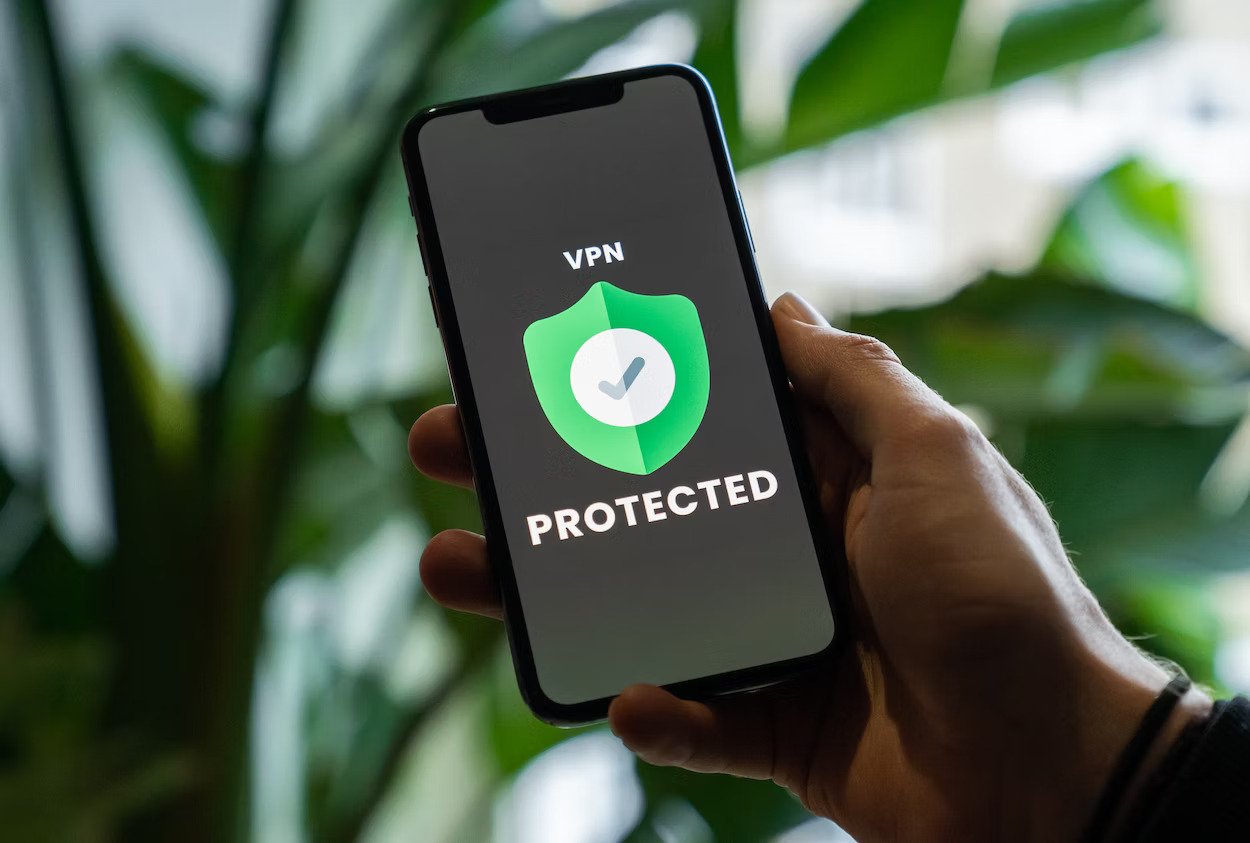One technology that has become indispensable for secure browsing is the Virtual Private Network (VPN). Let’s take a look at VPN technology to understand how it enables more secure web browsing.
What is a VPN?
Also Read:
In essence, a VPN creates a private tunnel through the public internet. The user connects to a VPN server, which could be located anywhere globally, and all their traffic is routed through that server. This hides the user's real IP address, location, and identity. It's like having an encrypted tunnel specifically for your browsing sessions.
How Does a VPN Work?
There are several technical aspects to understand regarding how a VPN works:
- Encryption - VPNs use strong encryption protocols like OpenVPN, IKEv2, or WireGuard to encrypt data. This scrambles traffic into gibberish that can only be unscrambled with a digital key.
- Tunneling Protocols - These protocols manage the process of wrapping data packets and transporting them privately. Common examples are PPTP, L2TP/IPsec.
- VPN Server - The user connects to a remote VPN server, which could be located anywhere globally. All browsing traffic is routed through this server.
- Changing IP Address - The VPN assigns the user a new IP address, hiding their real one. This masks their location and identity.
When a user visits a website, the request goes to the VPN server rather than the ISP. The VPN encrypts it and sends it through the tunneling protocol, keeping the data secure. The website receives the request from the VPN IP address rather than the real IP address.
Key Benefits of Using a VPN
Before you start using a VPN service, you should know VPN advantages and disadvantages so you can make the right choice. Here are several important reasons why VPN technology enables more secure browsing:
- Privacy & Anonymity - Hides browsing history, data, and real IP address from ISPs, agencies, and hackers.
- Access Blocked Websites & Content - VPNs allow users to bypass censorship and geographic restrictions.
- Public Wi-Fi Security - Prevents hacking of data when using unsecured public networks.
- Hide Torrenting Activity - Keep torrent downloads private from ISPs who may ban or throttle it.
How to Choose the Right VPN
With hundreds of VPN providers available, it's important to choose one that aligns with your browsing needs. Key factors to consider include:
- Server locations for bypassing geographic blocks
- Fast speeds for streaming or gaming
- Strong encryption & privacy policies
- No logging of user activity
- Easy-to-use apps for all devices
- Affordable pricing
Conclusion
VPN technology is an essential tool for browsing more securely. By encrypting traffic and hiding identity, VPNs enable greater privacy, security, and access to restricted content. Taking the time to understand how VPNs work and choose a provider carefully allows users to unlock the full potential of secure browsing.

